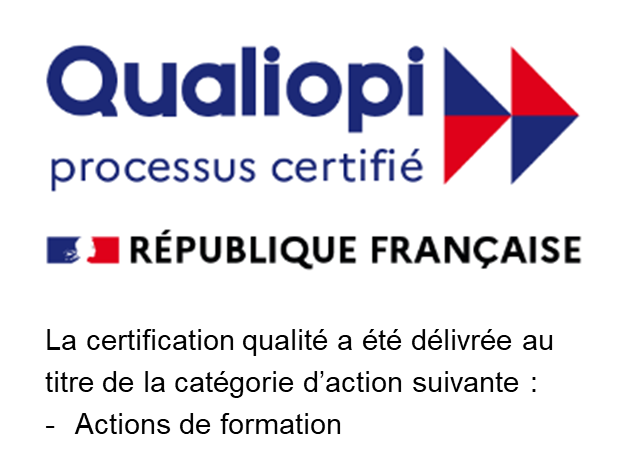May 29, 2025
Mergers and acquisitions (M&As) are high-stakes ventures that promise growth, innovation, and a competitive advantage, but that promise can only be realized by prioritizing a critical factor that can make or break the success of the initiative: culture. Whether it's the diversity of global cultures in multinational mergers or the differences between two distinct corporate cultures, the challenges are significant. A failure to integrate effectively doesn’t just threaten the success of the merger, it also impacts the financial health of an organization. Below, we discuss the cultural complexities of M&As, the risks of ignoring them, and actionable strategies to bridge related gaps effectively. Challenges in Cultural Integration During Mergers and Acquisitions Asking diverse groups of people to collaborate efficiently without supporting them and "translating" their different priorities, values, and cultural norms is risky under any circumstances. This is particularly important in M&As, where two diverse workforces have learned to do business in ways that have been defined by their separate employers. In multinational mergers, differences in communication styles, decision making, and business etiquette can create friction or complete breakdowns in productivity. Corporate culture clashes can also occur from contrasting leadership styles, organizational values, levels of employee engagement, and cultural attitudes about change. Without targeted attention, these challenges can undermine collaboration, erode trust, and jeopardize the success of the merger.


















